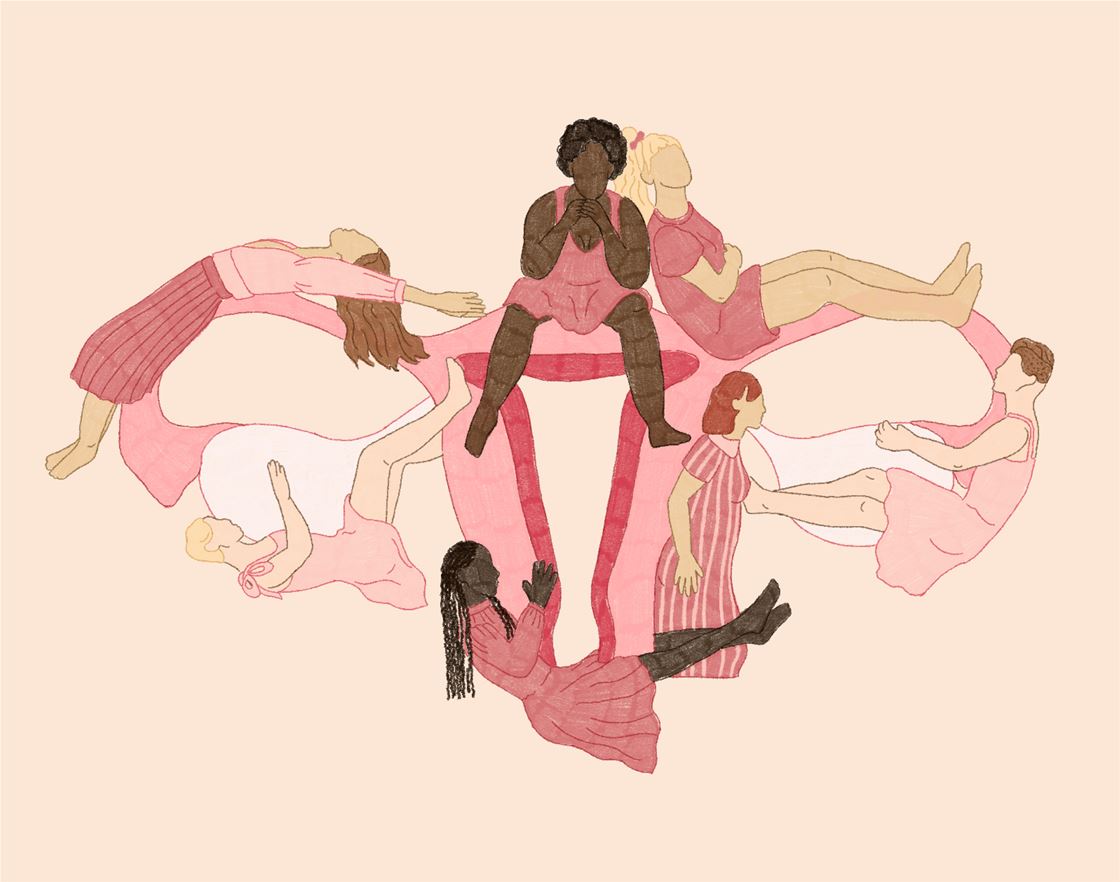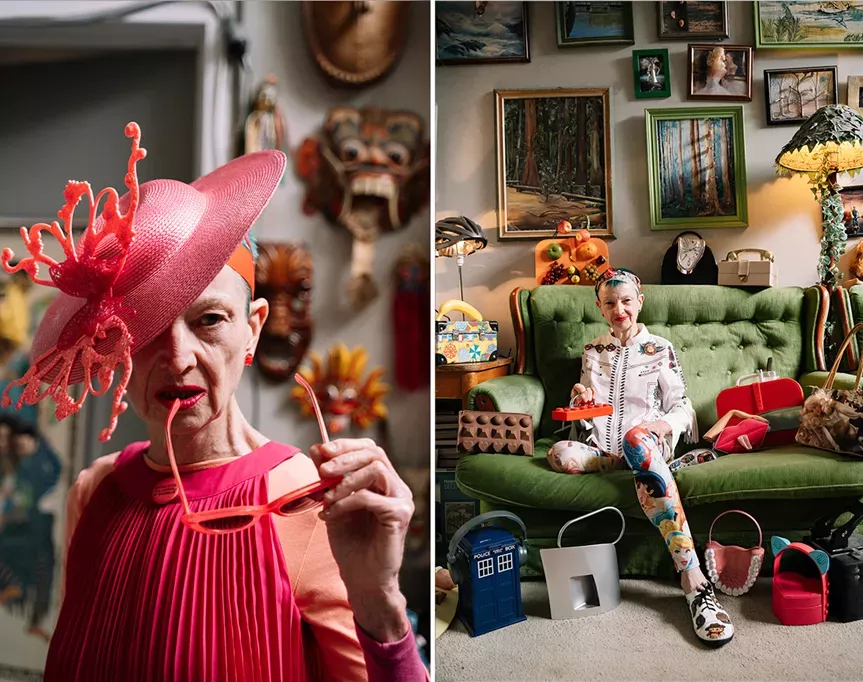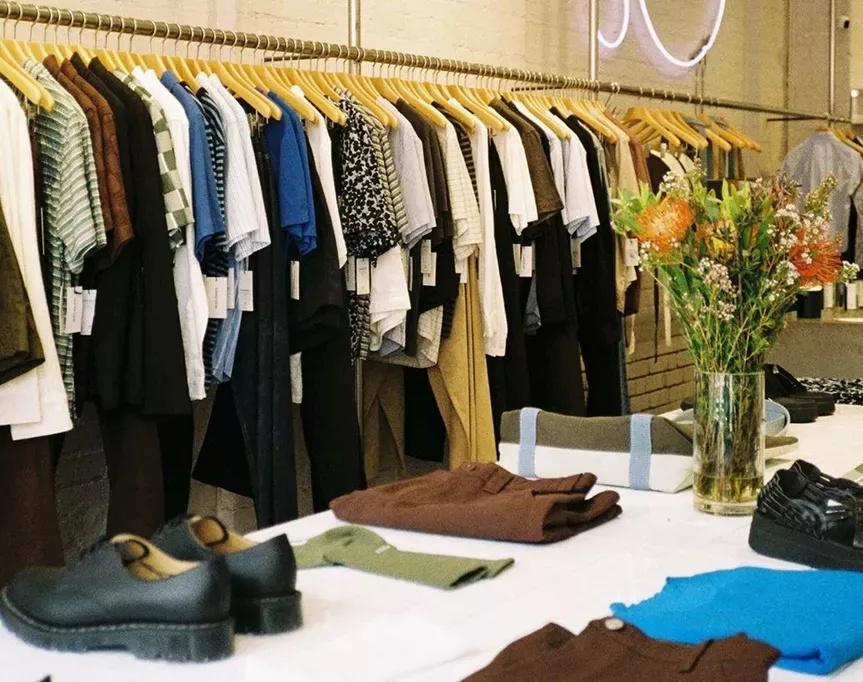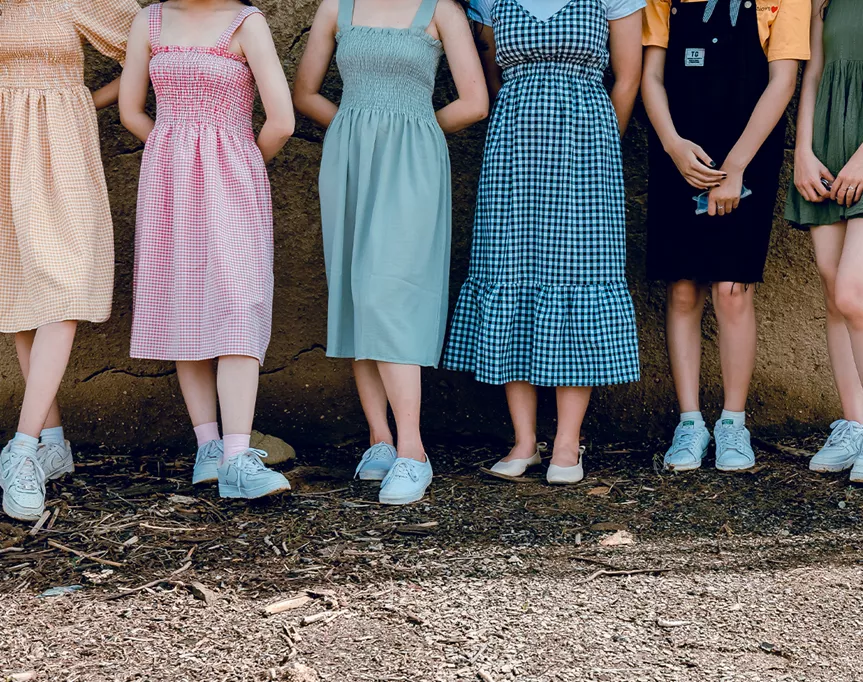we ask a doctor everything you need to know about ovarian cancer
Including what signs to look for.
 Here at frankie we are long-term supporters of Frocktober, a campaign run by the Ovarian Cancer Research Foundation calling on folks to bust out their frocks to spark much-needed conversations about ovarian cancer – the most lethal and least understood reproductive cancer. That last part is kinda shocking, huh? Many people don’t realise that sadly one person dies every eight hours in Australia from this disease.
Here at frankie we are long-term supporters of Frocktober, a campaign run by the Ovarian Cancer Research Foundation calling on folks to bust out their frocks to spark much-needed conversations about ovarian cancer – the most lethal and least understood reproductive cancer. That last part is kinda shocking, huh? Many people don’t realise that sadly one person dies every eight hours in Australia from this disease.
We spoke to Dr Anju Agarwal, a gynaecologist and obstetrician with over 15 years’ experience in the field, for some expert info on what to know about ovarian cancer and how each of us can support efforts to save lives.
WHAT IS IT AND WHY IS IT SO DEADLY? To put it simply, ovarian cancer means there are malignant (cancerous) cells growing on one or both ovaries. Unfortunately, this can lead to malignant cells spreading to surrounding organs. Each day five people will be diagnosed with ovarian cancer, and Dr Anju explains that because the symptoms can be so vague, people often delay seeking help. ‘Because there are no accurate early detection tests, by the time women present to the doctor it’s usually in the late stages. Due to the late diagnoses, the five-year survival rate can be as low as 29%.’ She points out ovarian cancer affects all age groups, which highlights all of us should be informed and aware of potential symptoms.
WHAT ARE THE SIGNS AND SYMPTOMS? The reason people often don’t see a doctor until advanced stages is because symptoms of ovarian cancer can be super vague: abdominal pain or pressure, backache, changes in bowel or bladder patterns, pain during sex, bloating, vaginal bleeding. Dr Anju tells us these fuzzy warning signs mean people often dismiss their own discomfort or attribute it to other causes, not thinking to seek help until it’s often too late – 70% of people are diagnosed in the late stages. And the truth is, lots of us might experience these symptoms from time to time (or even regularly!) without it being due to ovarian cancer. When it comes to our health we’re better safe than sorry, so if you or someone you know is experiencing a sudden onset or persistent changes in line with these signs, get it checked out.
MISCONCEPTIONS, MYTHS AND MIXED MESSAGES Despite the seriousness of the disease, there’s a lot most of us don’t know about it. Dr Anju lists some common misconceptions:
- It’s a myth that ovarian cancer only affects older populations: it’s more prevalent in women over 40, but it can occur at any age.
- It’s a myth that cervical screenings detect ovarian cancer: they don’t! They’re still an essential test to get regularly, but this test doesn’t detect cancerous cells in the ovaries.
- It’s a myth that all cysts will lead to cancer: in fact, quite a lot of ovarian cysts are benign and can be treated and monitored without even needing to be removed.
- It’s a myth that ovarian cancer is easily treatable: while there are treatments and surgeries available, the survival rate is very low. Early detection is key.
WHAT’S CURRENTLY BEING DONE? Thankfully, there are stellar efforts being made by Australia’s leading non-government funder of ovarian cancer research, the Ovarian Cancer Research Foundation (OCRF). The OCRF’s expertise means their funding and research will have the greatest impact on the largest number of Australians living with this cancer. Crucially, a major focus of their research is on developing an early detection test so that just like cervical screenings and breast checks, people will have access to preventative tests to hopefully reduce the instances of late diagnoses, which Dr Anju explains will be a ‘game-changer’. If you’re curious or concerned, the OCRF website is full of expert resources, key stats and advice for folks needing more advice or support.
HOW CAN WE HELP? Despite the prevalence and deadliness of ovarian cancer, research into the disease is critically underfunded. Each one of us can help raise awareness and make a difference to millions of lives by registering for Frocktober, Australia’s most fashionable month-long fundraiser created by the OCRF. It empowers anyone to frock up to raise money for ovarian cancer research because something as simple as the clothes we wear can start a much-needed conversation. Dr Anju’s clinic has taken part in Frocktober for the last few years which she says helps their team bond and have fun: they’ve had themes from polka dots and picnic wear to gingham and op-shopped duds! An excuse to get creative and look fab while raising funds for vital research? That’s a win-win in our books. Join us in saying #Frockovariancancer and sign up for Frocktober today.
This helpful guide was created in partnership with the Ovarian Cancer Research Foundation. Encourage your friends and fam to frock up this October to raise funds for the development of an early detection test. Without a test, ovarian cancer will continue to be very difficult to diagnose. But you can help change that! Swing by the Frocktober website to learn more.









.jpg&q=80&w=316&c=1&s=1)

















.jpg&q=80&w=316&c=1&s=1)










